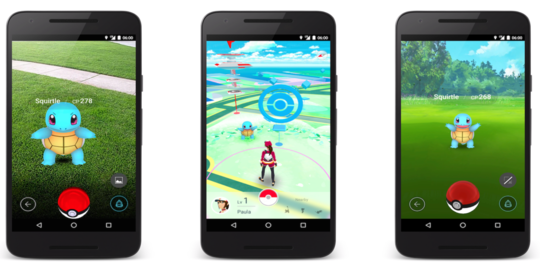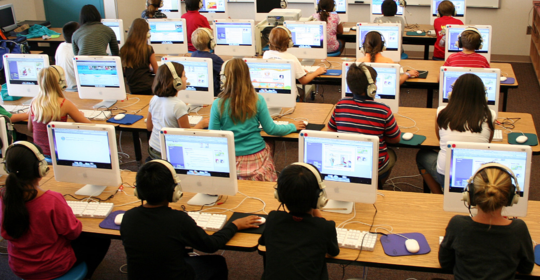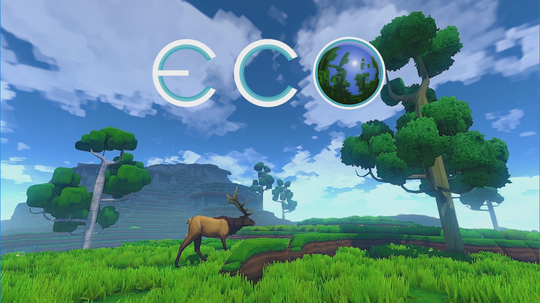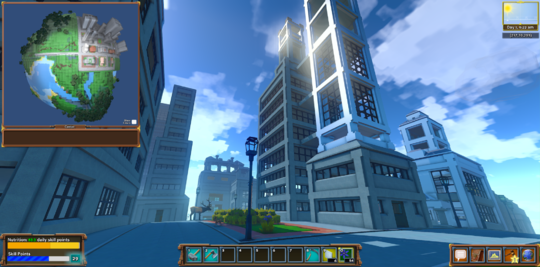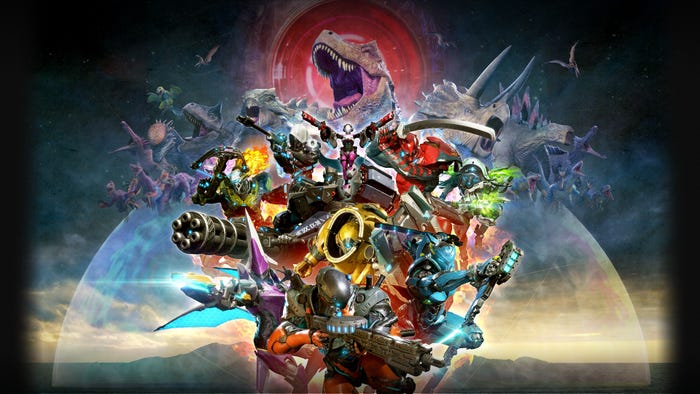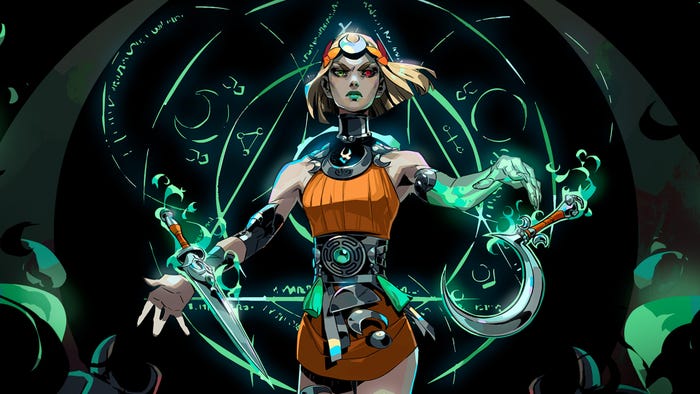Such a use of the classroom space is unfortunate, because there is essentially no richer and more interesting space to design a game for than the classroom environment. It’s a game designer’s dream space:
You have an instant group of friends playing the game, where everyone knows each other.
They physically gather and meet every weekday.
There’s an experienced guide invested in their success whom they interact with several hours per day.
They all have access to the same level of hardware, internet connectivity, and similar schedules to play together.
Trying to make a game go viral and spread to a player’s friends is the goal of so many entertainment games. With games in the classroom you start with that state. There’s such a rich environment to augment here and connect to technology, and yet none of these properties are used, sticking instead to the barest of bite-sized activities. We can do a lot better, and games are what must lead the approach.
Moving Towards Virtual Field-Trips
For technology to truly take advantage of the unique and rich environment of the classroom, we need to build virtual field-trips. These experiences and games need to augment the classroom, running alongside it for long periods of time, creating a context in which everything students learn has value. In the same way that Pokemon provides a context to the world around you, making daily interactions and trips suddenly magical and filled with social connections to others, so can a virtual world augment a classroom, adding context and meaning to the concepts that students are learning, merging it into their larger lives and giving it relevance and connection.
Education is currently very focused on teaching students the ‘how’, even at the expense of them grasping the ‘why’. The problem with this approach in the information age is that the ‘how’ is instantly obtainable, with world-class resources a google-search away for literally any topic. Anyone who cares enough can teach themselves anything they want, for free. The primary goal of schools should then not be inserting facts into students’ heads (facts are already ubiquitous), but providing that ‘why’, helping them discover the innate beauty of these topics such that they are open to it in the world around them.
The amazing thing about video games is that they automatically do this; you never have to make a kid play a game (you might have to make them stop playing a game). The same thing, of course, cannot be said about homework. Is this necessary, must homework be a slog for it to be useful? Is tedium the value? While the ability to do boring things you don’t want to do may be a useful skill, far more useful in our current age is engaging with something that has meaning in your life and others, and education can be significantly improved upon by bringing the self-driven nature of games into education. Furthermore, those who don’t think the subject matter learned in school can be made as engaging as video games haven’t seen the true value of that subject matter.
A classroom augmented by a virtual world provides that ‘why’ in a form that is relevant to players, adding meaning to everything they’re learning in the classroom, inspiring collaboration and leadership between peers, and showing in an intrinsically compelling way ‘why they should care’. What’s more, the possibilities for types of experiences that can extend the classroom are limitless, crossing and connecting all subjects and fields.
Our Approach
Our current project Eco aims to achieve this: In Eco, a classroom of students builds a civilization together, in a shared virtual world that runs continuously for 30 real days. Everything they do in this world affects the simulated ecosystem, which can be polluted, damaged, and destroyed. To succeed, players must make decisions as a group through a virtual government, making intelligent decisions based on simulation data taken from the game.



